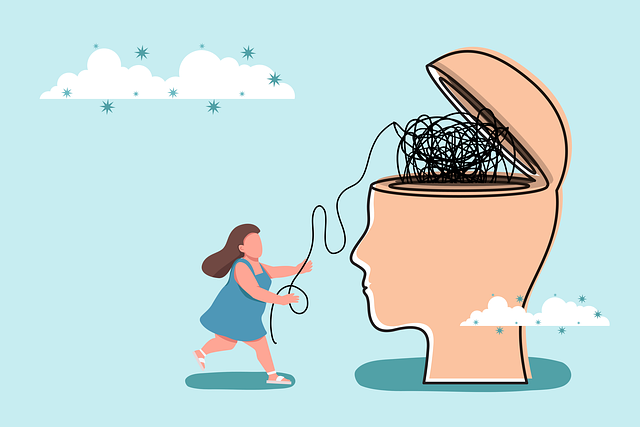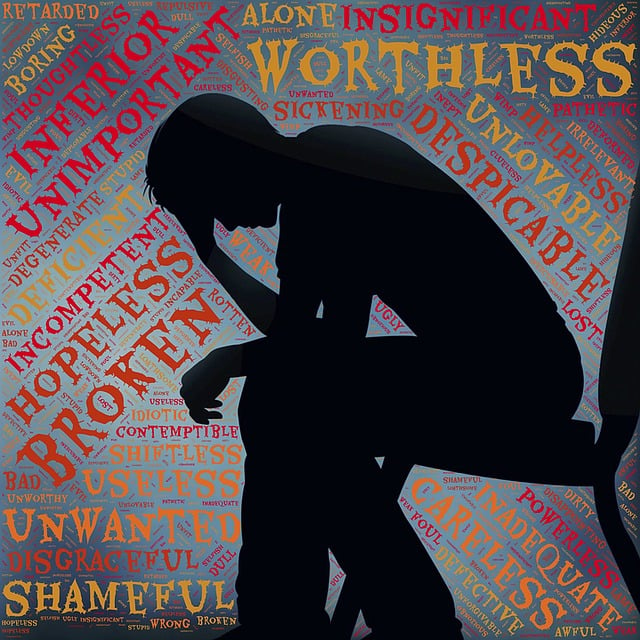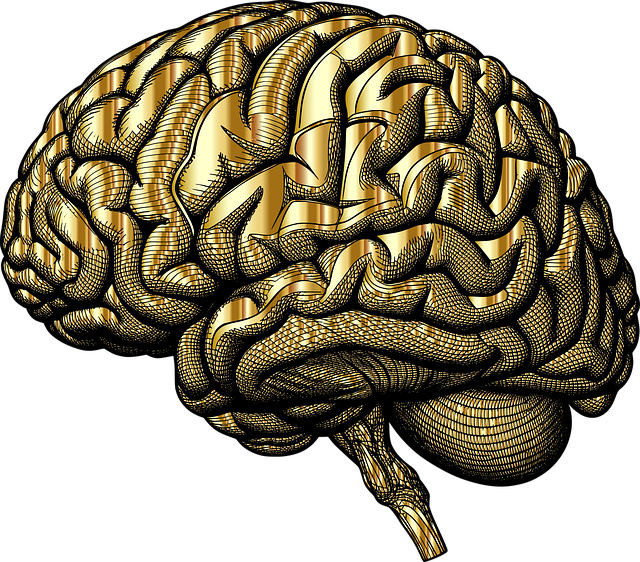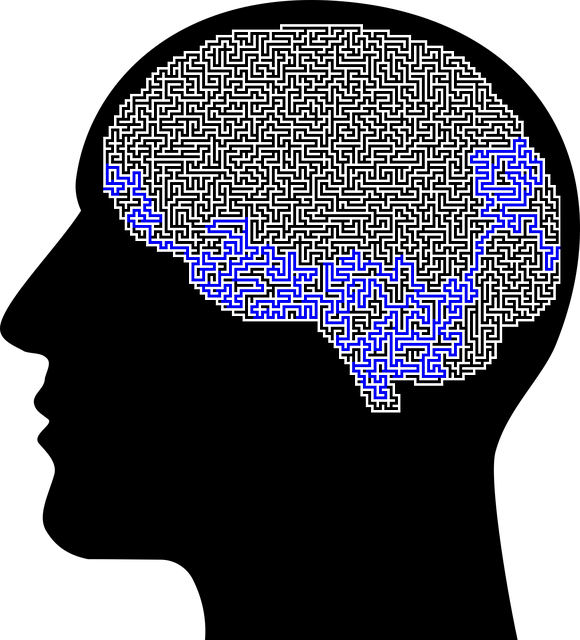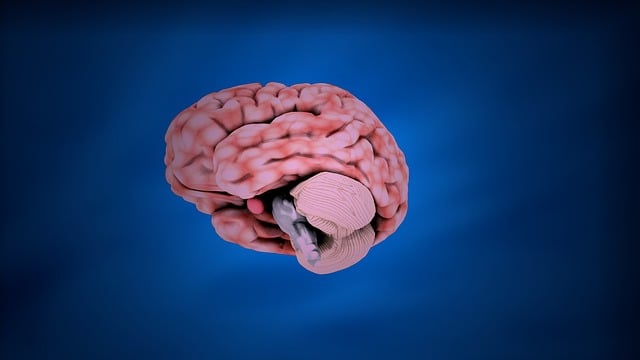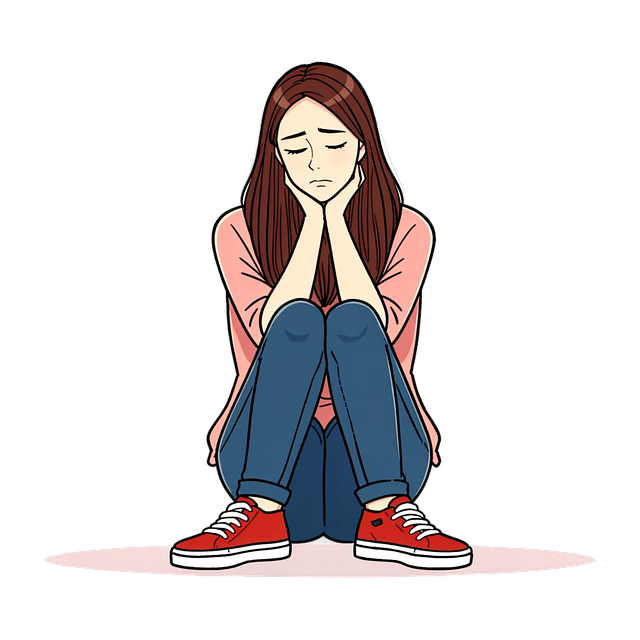Aurora OCD therapy through group facilitation offers a supportive network that enhances treatment outcomes by teaching effective coping strategies. Facilitators use techniques like active listening and emotion reflection to foster open dialogue in a safe environment, prioritizing member well-being. Combining structured activities with adaptability, this approach promotes positive mental health outcomes, from anxiety relief to managing complex disorders. Successful group facilitation for Aurora OCD therapy demands cultural competency, self-care, and balanced individual care within the group setting.
Mental wellness group facilitation plays a pivotal role in enhancing collective support and personal growth. This article delves into the art of guiding therapeutic sessions, focusing on techniques that foster open communication and safe spaces. We explore the unique dynamics of group therapy for Aurora Obsessive Compulsive Disorder (OCD), highlighting its benefits and challenges. By understanding best practices, facilitators can navigate complexities, ensuring effective support for participants navigating mental health journeys.
- Understanding Mental Wellness Group Facilitation
- Techniques for Effective Group Therapy Sessions
- The Role of Aurora Obsessive Compulsive Disorder (OCD) Therapy in Group Settings
- Best Practices and Challenges in Group Facilitation for Mental Health Support
Understanding Mental Wellness Group Facilitation

Mental wellness group facilitation is a specialized approach that empowers individuals to support and uplift each other through shared experiences and open dialogue. It’s more than just hosting discussions; it involves creating a safe, supportive environment where members feel comfortable sharing their struggles and celebrating victories. Facilitators play a crucial role in guiding these conversations, ensuring everyone feels heard and respected. They use various techniques like active listening, reflecting emotions, and setting boundaries to foster a sense of community and growth.
In the context of Aurora Obsessive Compulsive Disorder (OCD) therapy, group facilitation takes on added significance. OCD is a mental health condition that can profoundly impact daily life, often isolating individuals who struggle with intrusive thoughts and repetitive behaviors. Group settings offer a unique opportunity for affected folks to connect, understand they’re not alone, and learn coping strategies from peers who face similar challenges. This supportive network not only enhances treatment outcomes but also promotes improved stress management skills, as members draw strength from each other’s resilience. Additionally, mental health professionals must consider the Risk Assessment for Mental Health Professionals when facilitating such groups, ensuring their safety and the well-being of all participants.
Techniques for Effective Group Therapy Sessions

Effective group therapy sessions require a blend of structured techniques and adaptability to foster a safe, supportive environment where every member feels heard. Facilitators play a crucial role in navigating the dynamic nature of group interactions, ensuring everyone has an opportunity to participate and benefit from shared experiences. Techniques such as active listening, reflection, and open-ended questioning encourage members to express their thoughts and emotions freely. Incorporating structured activities, like guided meditations or cognitive-behavioral exercises, can help manage symptoms of conditions like Aurora Obsessive Compulsive Disorder (OCD), promoting anxiety relief and behavioral changes.
Risk management planning for mental health professionals is essential to create a secure setting. Understanding cultural competency through Healthcare Provider Cultural Competency Training enables facilitators to address diverse perspectives within the group, fostering inclusivity and trust. By balancing structure with flexibility, therapists can enhance group dynamics, leading to positive outcomes in treating various mental health concerns, from anxiety relief to managing complex disorders.
The Role of Aurora Obsessive Compulsive Disorder (OCD) Therapy in Group Settings

Aurora Obsessive Compulsive Disorder (OCD) therapy plays a pivotal role in group settings, offering unique benefits for individuals grappling with this challenging mental health condition. In a group environment, participants can gain valuable insights and support from peers facing similar struggles, fostering a sense of community and reducing feelings of isolation. Group facilitation techniques tailored to OCD, such as shared experiences and collaborative problem-solving, empower members to challenge their intrusive thoughts and compulsive behaviors in a safe and non-judgmental space.
The structured nature of group therapy sessions provides a consistent framework for learning and practicing coping strategies. Facilitators skilled in Aurora OCD therapy employ techniques like Cognitive Behavioral Therapy (CBT) to help participants identify and modify unhelpful thought patterns. Moreover, these groups offer a platform for crisis intervention guidance, compassion cultivation practices, and mental health policy analysis and advocacy, ensuring members receive holistic support that extends beyond individual therapy.
Best Practices and Challenges in Group Facilitation for Mental Health Support

Effective group facilitation for mental health support requires a blend of best practices tailored to create a safe and supportive environment. Facilitators play a crucial role in fostering open communication, encouraging active participation, and promoting emotional safety among members. Techniques such as active listening, reflective summarizing, and structured discussions can enhance self-awareness and build a sense of community. Incorporating activities that focus on positive thinking and emotional regulation, like mindfulness exercises or shared experiences, can significantly benefit participants’ mental wellness.
However, facilitating these groups isn’t without challenges. Balancing individual needs within a group dynamic can be intricate, especially when dealing with sensitive topics such as Aurora Obsessive Compulsive Disorder (OCD) therapy. Facilitators must navigate the fine line between ensuring every voice is heard and maintaining the group’s overall well-being. Self-care practices are essential for facilitators to prevent burnout and remain empathetic support systems. Despite these challenges, successful group facilitation can lead to profound improvements in mental health outcomes, empowering individuals with coping strategies and fostering a sense of belonging.
Mental wellness group facilitation plays a pivotal role in supporting individuals dealing with various mental health challenges, including Aurora Obsessive Compulsive Disorder (OCD). By employing effective techniques and best practices, facilitators can create safe and nurturing environments that foster healing and growth. Understanding the unique dynamics of group therapy sessions, especially in managing OCD symptoms, is essential. This article has explored key strategies to enhance these interactions, addressing both practical considerations and potential challenges. With continued exploration and research, we move closer to revolutionizing mental health support through innovative approaches like Aurora OCD therapy, ensuring individuals receive comprehensive care in a group setting.
